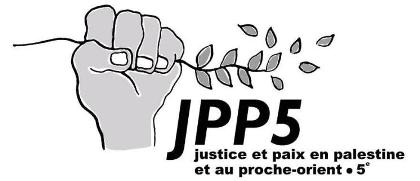26 mai 2017
5
26
/05
/mai
/2017
08:26
Civil Administration uproots 135 olive trees on privately owned Palestinian land in Wadi Qana – part of Israel’s efforts toward its de facto annexation


 On 3 April 2017, Civil Administration officials came with bulldozers to Wadi Qana, in the Qalqiliyah area. They uprooted 135 olive tree saplings on land belonging to the ‘Awad family from the village of Deir Istiya.
On 3 April 2017, Civil Administration officials came with bulldozers to Wadi Qana, in the Qalqiliyah area. They uprooted 135 olive tree saplings on land belonging to the ‘Awad family from the village of Deir Istiya.
 My father passed away in 2004 and left me a 0.6-hectare plot in Wadi Qana. Each of my three sisters inherited 0.2 dunams in the same area.
My father passed away in 2004 and left me a 0.6-hectare plot in Wadi Qana. Each of my three sisters inherited 0.2 dunams in the same area.

